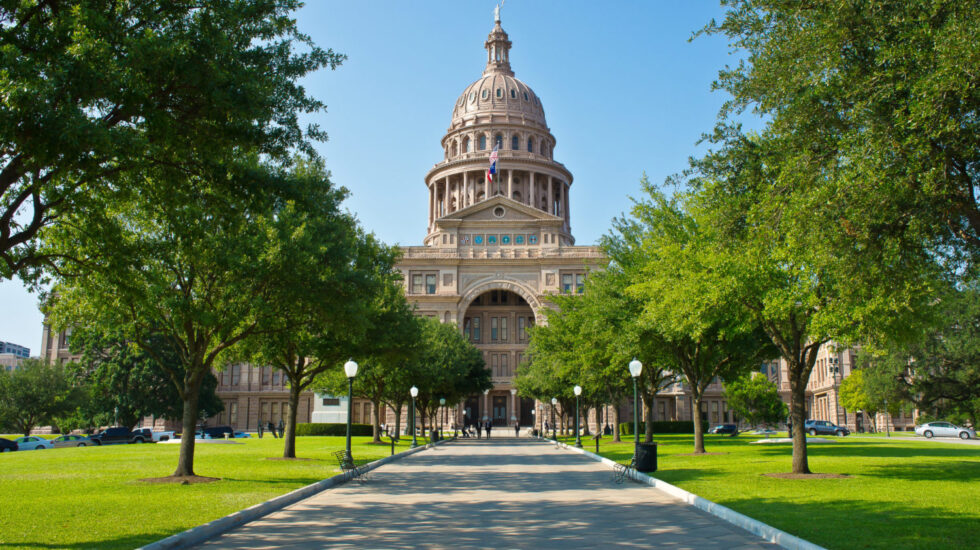Hervis Rogers had a message after waiting in line for six hours to cast a vote in Texas’ presidential primary in March 2020: “It’s worth it.” Rogers submitted his ballot just after one in the morning, explaining “I wanted to get my vote in to voice my opinion. I wasn’t going to let nothing stop me.”
Now Rogers has been arrested and jailed for that civic engagement. Because of prior felony convictions, he was a few months shy of being eligible to vote in March 2020. Yet he successfully registered and told Houston Public Media that he was simply misinformed.
He is now facing two felony charges for illegal voting and given his criminal history, he faces twenty-five years in jail.
Rogers bail was set at $100,000.
“Mr. Rogers is being held in jail on an extremely high bail amount that he cannot afford for what amounts to simply attempting to fulfill his civic duty. This is not justice,” said ACLU of Texas legal director Andre Segura.
(For the sake of random comparison, Allen Weisselberg, the Trump Organization executive accused of running a years-long tax scheme, was released on no bail.)
Houston Public Media provides context:
Texas Attorney General Ken Paxton has made prosecuting alleged cases of voter fraud a core mission of his office. Data released by the AG’s office reveals more than 130 people were prosecuted between 2005 and 2018.
But critics say the law in part targets people like Rogers and Mason, who’ve already served time in prison and who may be unaware of the rules prohibiting them from participating in elections.
“It seems that this case in particular is an example of Texas officials using their authority to disappear Black residents under a pretext to gain political points with their cronies in their political party in Texas and nationally,” Nicole D. Porter, director of advocacy with the Sentencing Project said to Houston Public Media. “What Paxton, [Texas Gov. Greg] Abbott and others seem to forget is that this is a person who they’re attempting to disappear.”
The targeting of Rogers is part and parcel for a Texas Republican party hellbent on making it more difficult to vote. On Friday, NPR reported:
Texas Republicans have introduced another set of sweeping bills that voting rights advocates say could make it harder to vote in a state that already has some of the most restrictive election laws in the country.
The latest bills in Texas include new identification requirements for people voting by mail and prohibit local election officials from sending a vote-by-mail application to someone who hasn’t requested one.
They also ban drive-through voting and extended hours during early voting. Republicans in the state argue that these innovations — which were mostly used by Houston officials during the pandemic — opened the door to voter fraud.



